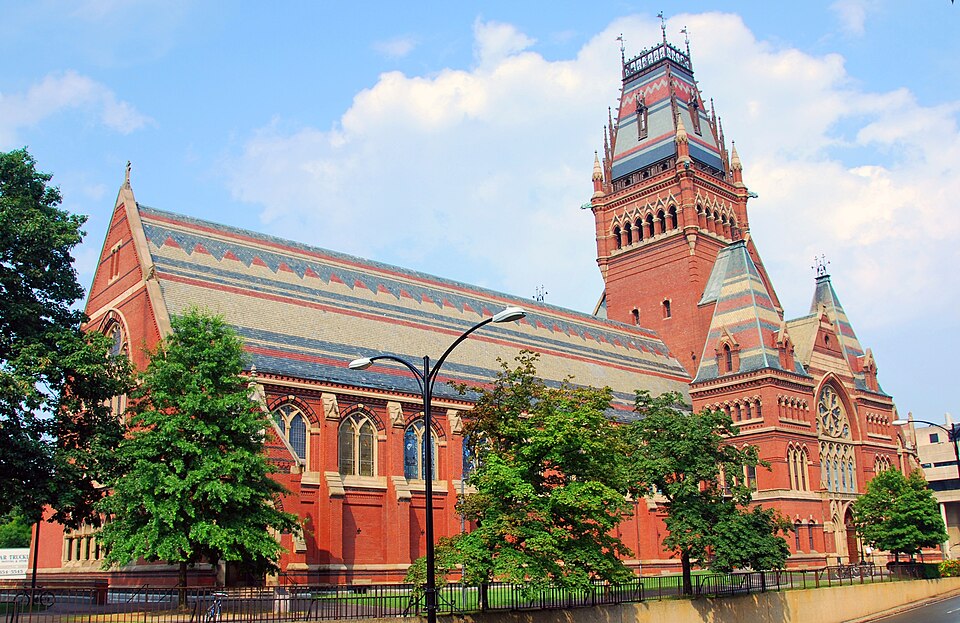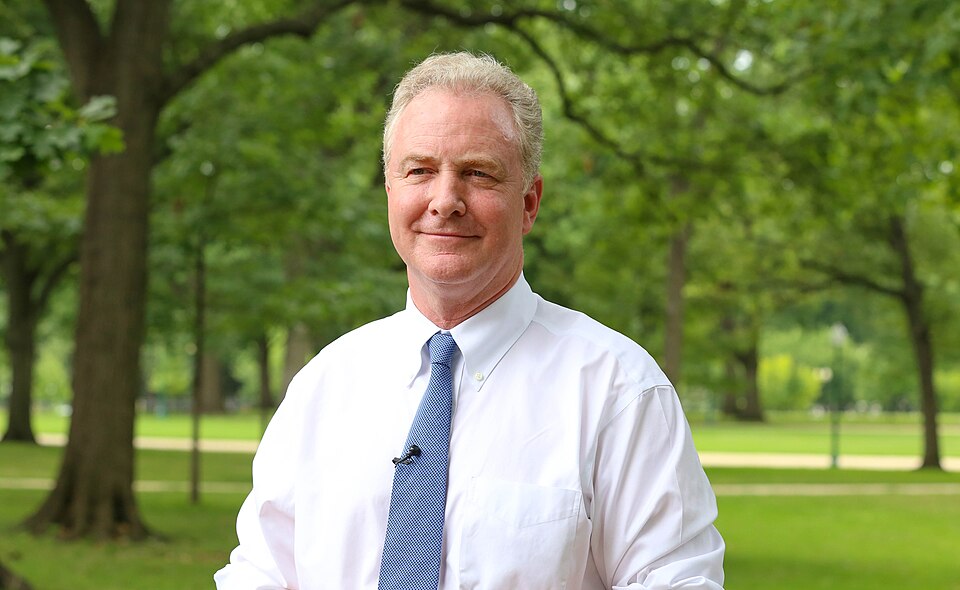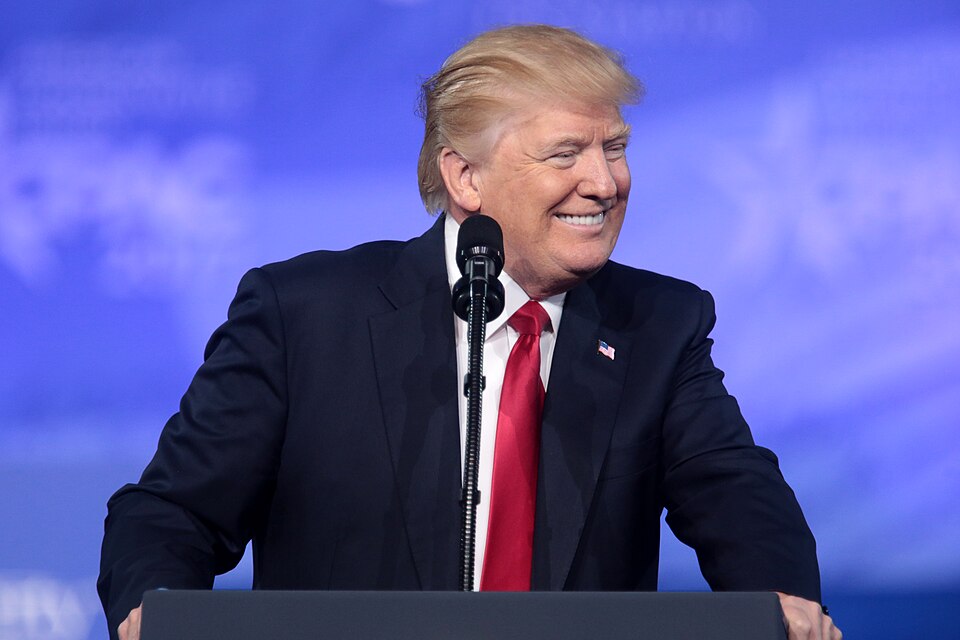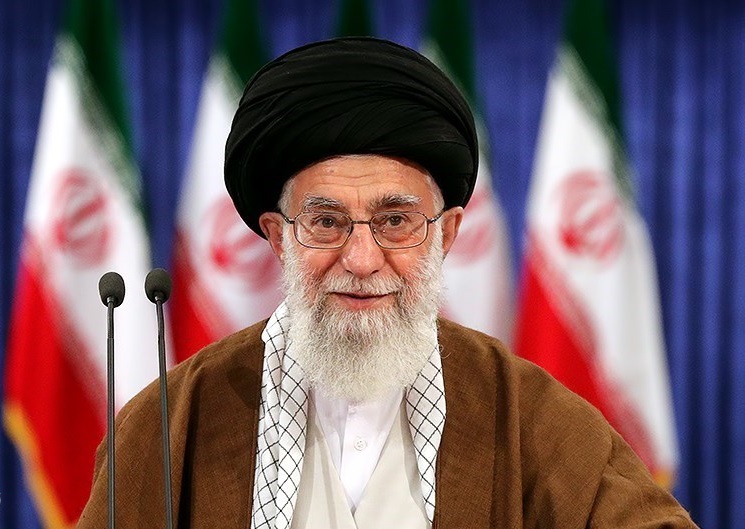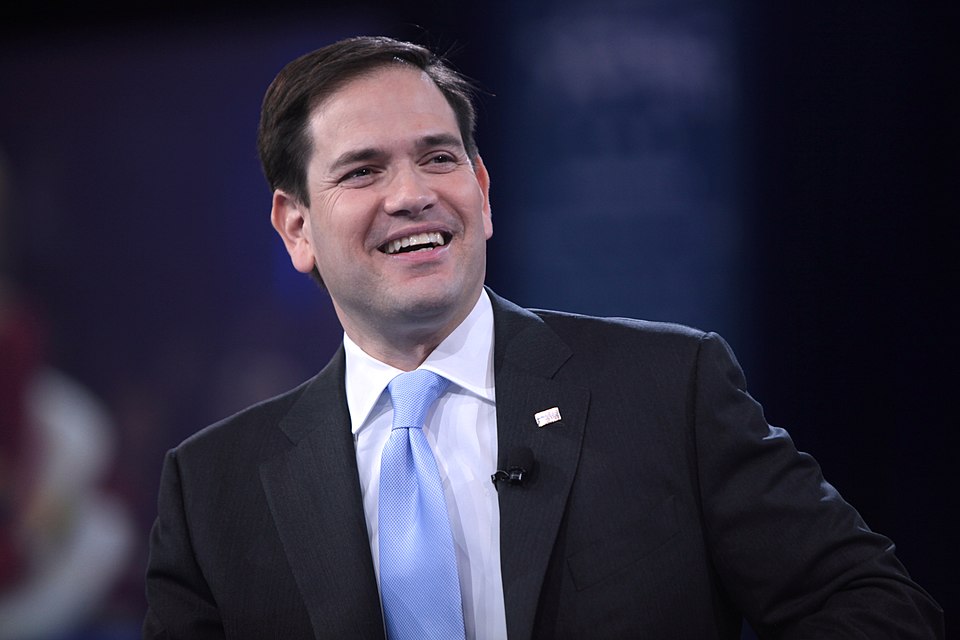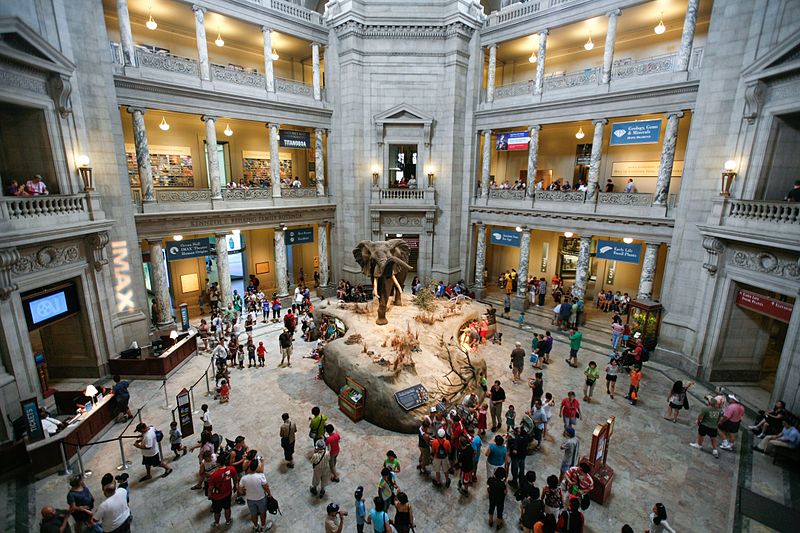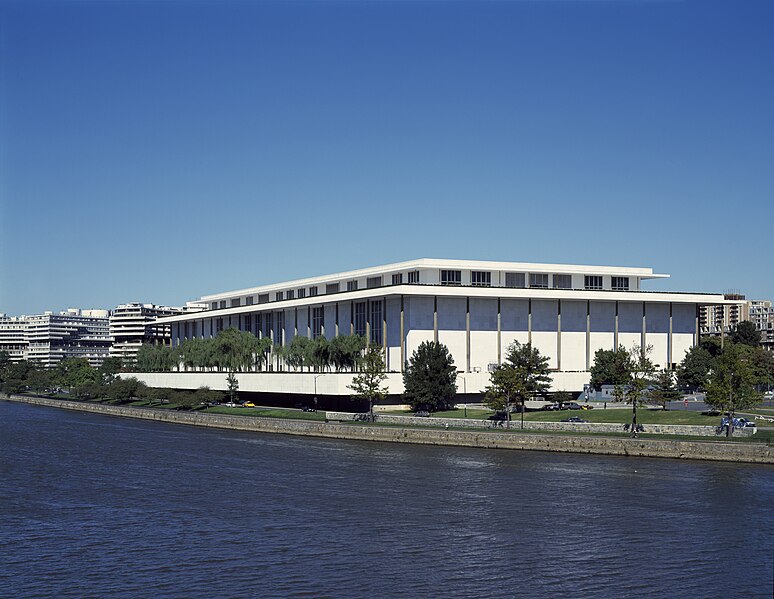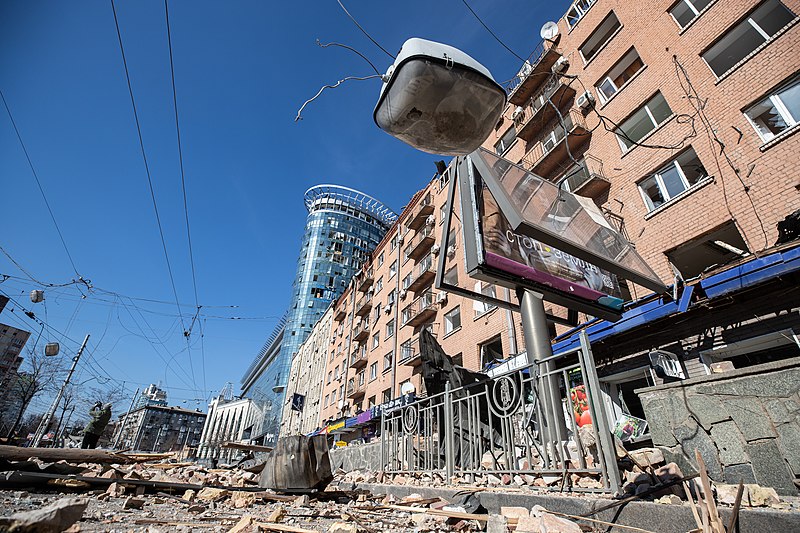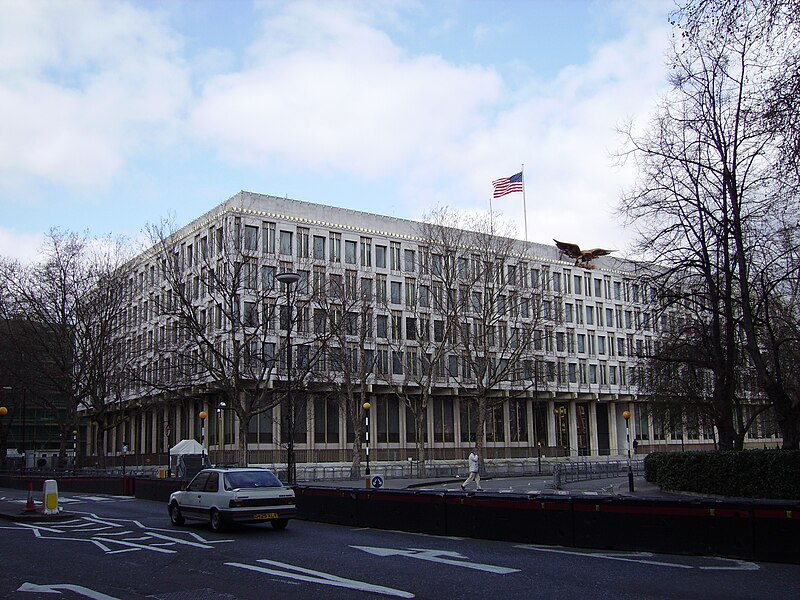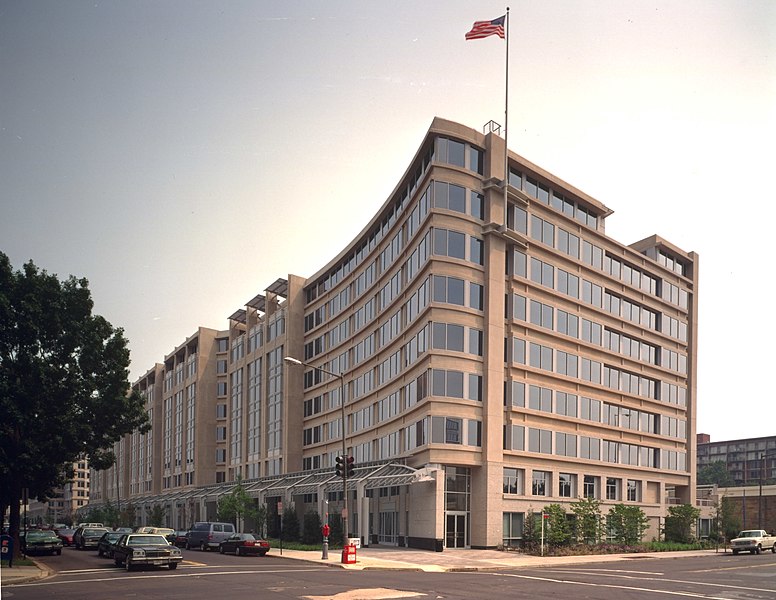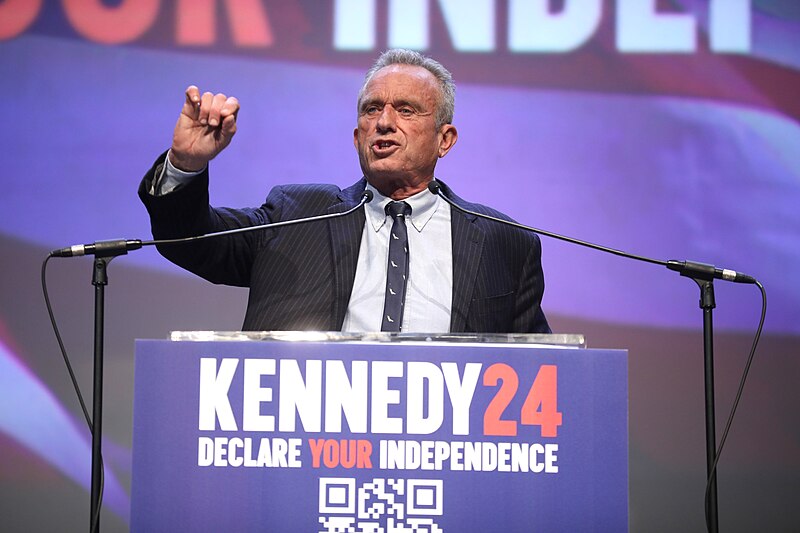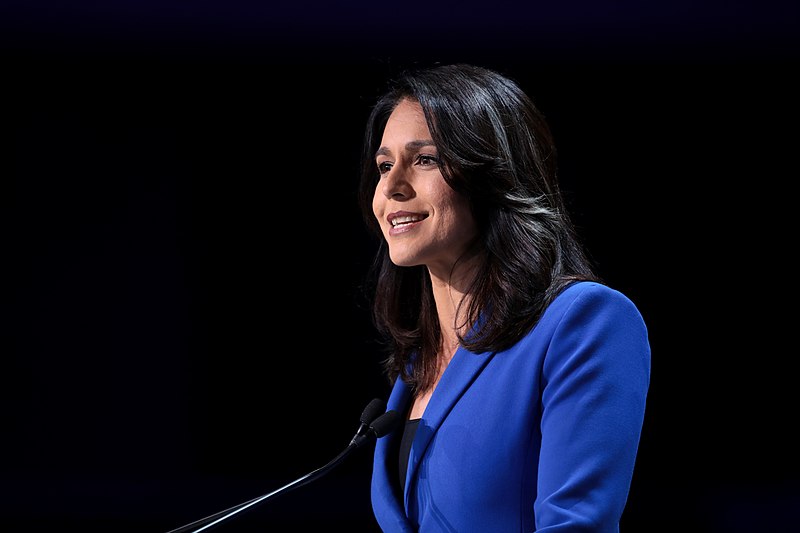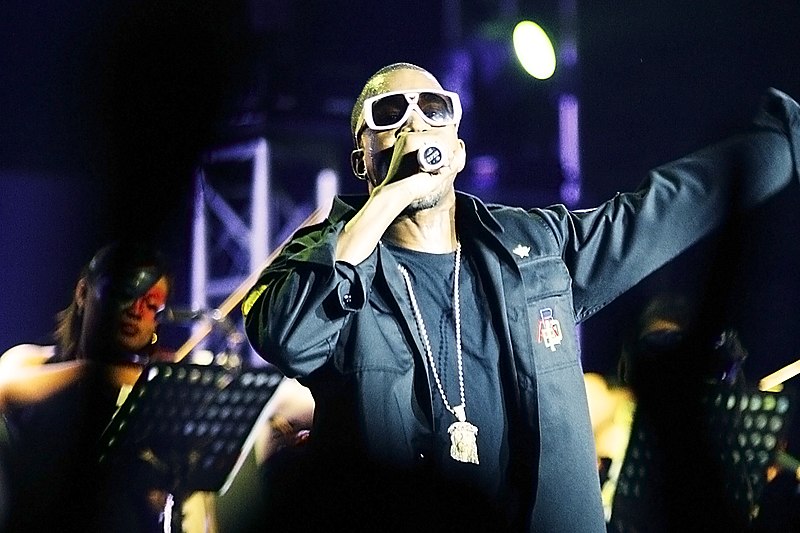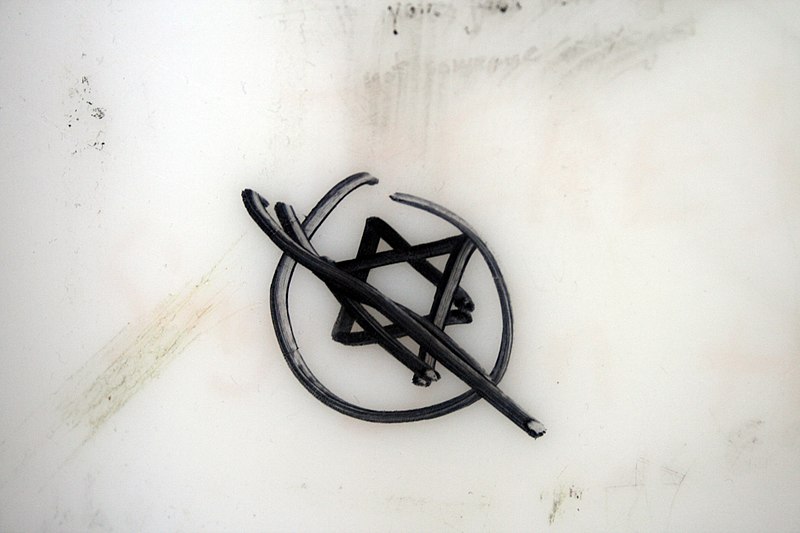
In January 2024, amid a wave of pro-Palestinian protests across U.S. campuses, Muhlenberg College in Pennsylvania came under federal investigation for allegedly discriminating against
Jewish students. The small liberal arts school promptly took action, firing a tenured professor accused of targeting Jewish students. The Education Department, satisfied with the response, closed the case.
So when Muhlenberg showed up on a March 10 list of 60 institutions under investigation for antisemitism by the Department of Education, school officials were stunned.
“To our knowledge, Muhlenberg is not on the DOE list of institutions with open investigations,” said spokesperson Todd Lineburger. “We’ve received no further information and continue working to comply with all laws.”
The letter, signed by acting civil rights chief Craig Trainor, warned that antisemitic incidents following the October 7 Hamas attacks on Israel would not be tolerated. Institutions failing to act, it said, risked losing federal funding. The Trump administration’s stance has left many schools confused, especially those unaware of any open cases against them.
An analysis by Reuters, along with responses from 31 of the listed colleges, revealed that nearly one-third had either resolved earlier complaints or had never been formally accused. This randomness—and the financial risks involved—sparked alarm across higher education.
“I’ve heard confusion from many college leaders,” said Lynn Pasquerella, president of the American Association of Colleges and Universities. “They don’t even know what the allegations are.”
The Department of Education declined Reuters’ requests for clarification.
Education Secretary Linda McMahon defended the action, stating that Jewish students on elite campuses feared for their safety and that federal funding was contingent on strict adherence to antidiscrimination laws.
However, the Reuters review found inconsistencies. At least 15 institutions on the list, including Muhlenberg, had resolved antisemitism cases. Four others, including American University in Washington, had no records of recent complaints. In five more cases, the investigations were actually focused on alleged discrimination against Muslim, Arab, or pro-Palestinian students.
Three universities faced complaints specifically tied to discrimination against pro-Palestinian students—not antisemitism, which was the stated focus of the March 10 warning.
Inconsistencies with ADL Ratings
The list diverged notably from the Anti-Defamation League’s “Campus Antisemitism Report Card.” Seven schools, including Muhlenberg, received a “B” grade or higher from the ADL, indicating better-than-average conditions for Jewish students. Yet they were included on the Education Department’s list.
Meanwhile, seven universities that received “F” grades from the ADL—such as Haverford College and Scripps College—were left off.
Also omitted were schools like UCLA, which Jewish groups had criticized for their handling of pro-Palestinian protests. The Department's own database shows three complaints against UCLA.
The letter campaign was seen by many as an extension of Trump’s long-running attacks on higher education, which he has described as “infested with radicalism.” The signatory, Craig Trainor, previously worked for the Trump-aligned America First Institute.
The 60 schools spanned a broad spectrum—from Ivy League giants like Harvard, Princeton, and Columbia to state universities across California, Florida, Ohio, and New York. The warnings were issued just three days after the Trump administration rescinded roughly $400 million in federal grants to Columbia University, a major hub of student protests.
Capacity Issues and Political Motives
The logistics of enforcing the warnings are unclear. Former attorneys from the Department’s Office for Civil Rights (OCR) told Reuters the agency lacked the staffing needed to conduct widespread investigations—especially after seven of its 12 regional offices were abruptly shut down the day after the letters were sent.
Two former OCR attorneys, who lost their jobs in the cuts, said they had no role in creating the list and had no insight into how schools were selected.
“What’s happening is an attack on higher education disguised as a push to fight antisemitism,” said Erin Beiner, who heads the student division of J Street, a liberal Jewish-American advocacy group. “But it won’t actually protect Jewish students.”
Diverse and Dubious Complaints
The discrimination complaints vary widely.
At Drexel University, an investigation followed an incident where a pro-Israel student’s dorm room was set on fire shortly after the October 7 attacks. No one was injured, and the case was closed after the university improved dorm security, conducted bias training, and issued campus-wide safety messages.
At the University of Tampa, a parent accused the school of antisemitism after his son was suspended for a fight over a balloon. The student claimed the other party had used an antisemitic slur.
Pomona College’s only complaint came from Palestine Legal, which said the college allowed police to violently suppress pro-Palestinian protests and endangered students by forcing them to unmask.
Drexel, Tampa, and Pomona did not respond to Reuters' inquiries.
Billions in federal contracts are on the line. The Trump administration has already demanded changes at Columbia—including disciplinary reforms and academic oversight—in exchange for reinstating funds.
Most schools say they’ll do whatever it takes to retain funding.
“We’re not going to risk losing research money,” said Paul Allvin of George Mason University. The school responded in detail to a December complaint and hasn’t heard back.
American University stated it would “comply with any communications or requests,” though Education Department records show no recent complaints against it.
Some state leaders stepped in directly. Hawaii Governor Josh Green contacted the White House after his state university received a warning. Officials assured him the school wasn’t in serious jeopardy.
Others pushed back.
“There is no lawful basis to withdraw federal funding,” said a Santa Monica College spokesperson. “The letter didn’t allege any violations or request a response.” Photo by Quinn Dombrowski from Berkeley, USA, Wikimedia commons.

